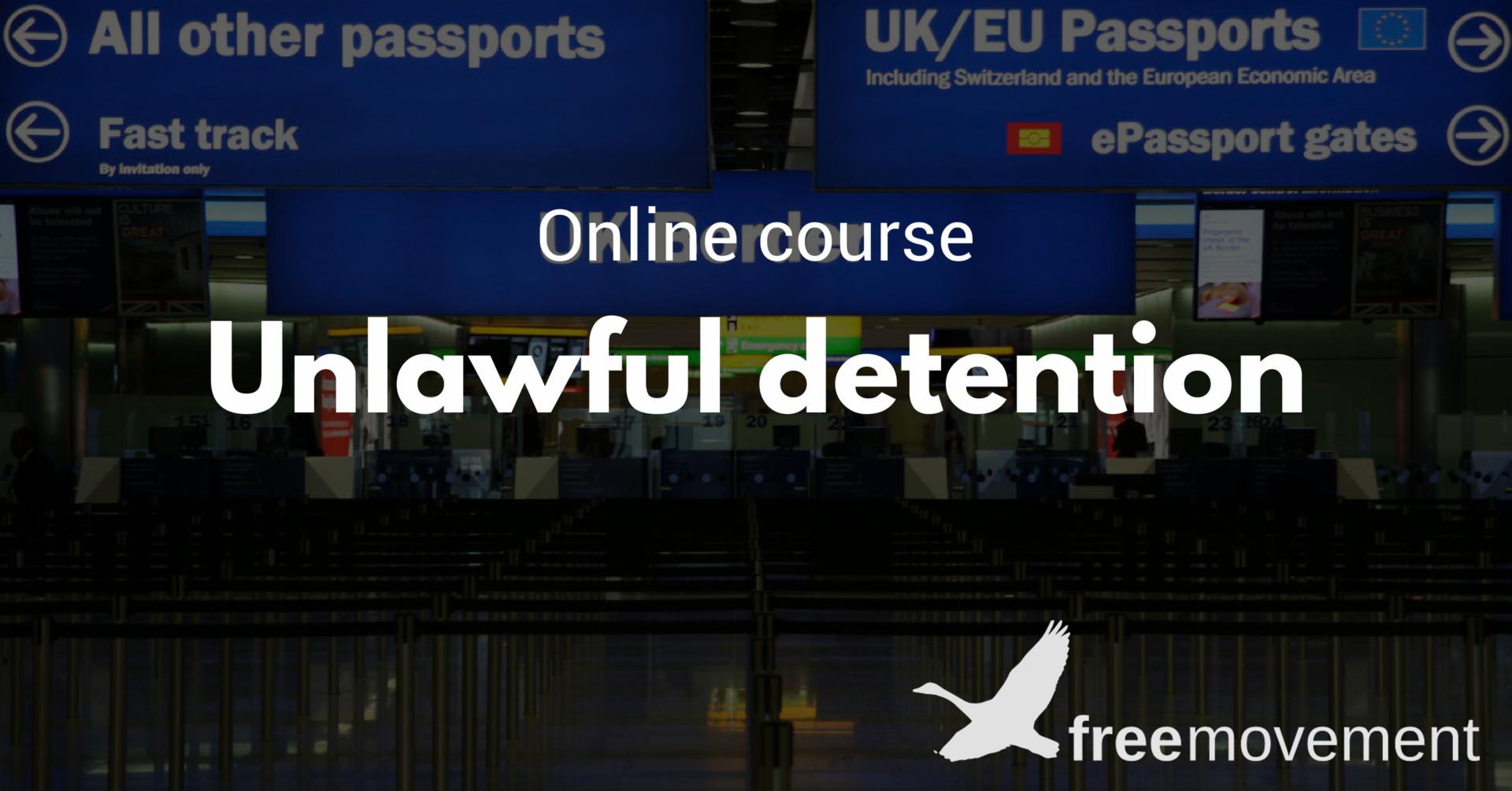- BY CJ McKinney

Immigration detention centres continue to block legal websites
THANKS FOR READING
Older content is locked

A great deal of time and effort goes into producing the information on Free Movement, become a member of Free Movement to get unlimited access to all articles, and much, much more
TAKE FREE MOVEMENT FURTHER
By becoming a member of Free Movement, you not only support the hard-work that goes into maintaining the website, but get access to premium features;
- Single login for personal use
- FREE downloads of Free Movement ebooks
- Access to all Free Movement blog content
- Access to all our online training materials
- Access to our busy forums
- Downloadable CPD certificates
Most migrants who try to research their immigration case from inside detention centres find useful websites blocked by the authorities, according to data collected by the charity Bail for Immigration Detainees (BID). The charity says that 83% of detainees have been unable to look up basic online resources on immigration law.
Websites blocked in detention centres include BID’s own website and official Home Office pages. One respondent said that the internet is “permitted for entertainment not research”.
There are occasional anecdotal reports of Free Movement being blocked in individual detention centres, and past enquiries have found evidence of important NGO websites being inaccessible. But the Home Office has said in response to a Freedom of Information request that
There is no policy or other documents outlining which websites are to be blocked or partially blocked for detainees in the immigration detention estate.
With that in mind, it is troubling to find that detainees are still unable to consult basic information from charities like BID. Around half of those in detention have no legal representation, BID’s survey shows. Before legal aid cuts introduced in 2012 around 80% had a lawyer. The Ministry of Justice is due to publish a review of the cuts in early 2019, having originally promised it last year.
Celia Clarke, BID’s director, said that
Just when we think things can’t get worse for people in detention, our latest research confirms what we observe in our work. It is unimaginable that people who are deprived of their liberty for the administrative convenience of the government should not have automatic legal representation to challenge that detention and secure their release.
The BID annual general meeting is on 22 January, with guest speakers including Amelia Gentleman of the Guardian and Labour MP David Lammy.

